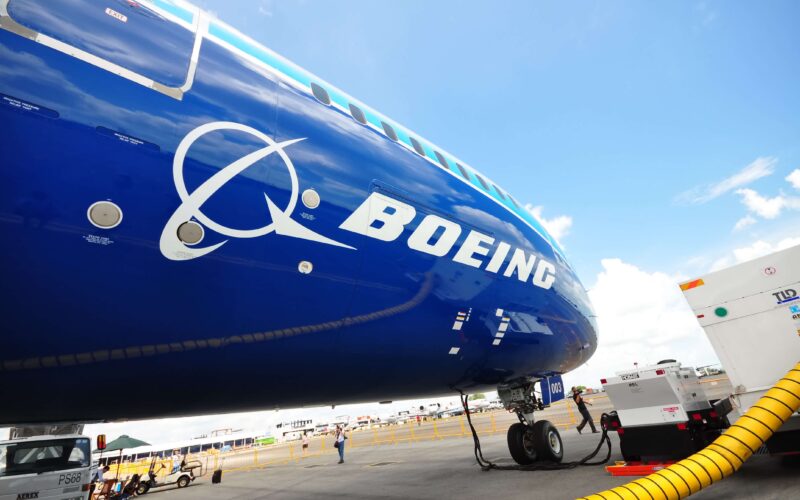Boeing lost $4 billion but increased revenue to $62 billion in 2021, the company’s yearly report indicates.
That is almost $10 billion less than its 2020 losses, and 7% more in revenues.
The company attributes its financial improvements to the resumed delivery of the Boeing 737 MAX, with its commercial performance showing the greatest increases, while its defense sector stalled.
Boeing announced its financial results for 2021 on January 26, 2022.
“2021 was a rebuilding year for us as we overcame hurdles and reached key milestones across our commercial, defense and services portfolios. We increased 737 MAX production and deliveries, and safely returned the 737 MAX to service in nearly all global markets,” David Calhoun, Boeing President and CEO said in a press release.
Despite the relatively positive outlook for the year, the fourth quarter saw a 3% decrease in revenue, and a loss of $4.5 billion. According to the company, the loss is due to problems with the 787 Dreamliner.
“On the 787 program, we’re progressing through a comprehensive effort to ensure every airplane in our production system conforms to our exacting specifications. While this continues to impact our near-term results, it is the right approach to building stability and predictability as demand returns for the long term,” Calhoun added.
Boeing 787 deliveries were stalled for much of 2021 due to quality control issues, resulting in $3.5 billion pre-tax charges. In addition, the aircraft has encountered numerous problems in recent months, from the paint peeling on Air New Zealand’s aircraft to additional hurdles caused by the 5G network rollout, which has particularly impacted 787 operations.
Curiously, 2021 also began with issues with the 787, as Boeing blamed Q1 losses on the Dreamliner.
Overall, the company vastly improved its production and sales in 2021, delivering 340 aircraft, compared to just 157 in 2020. This allowed for a 21% increase in commercial airplanes revenue. However, this was not nearly enough to beat its main competitor, Airbus, who dominated the delivery market.

